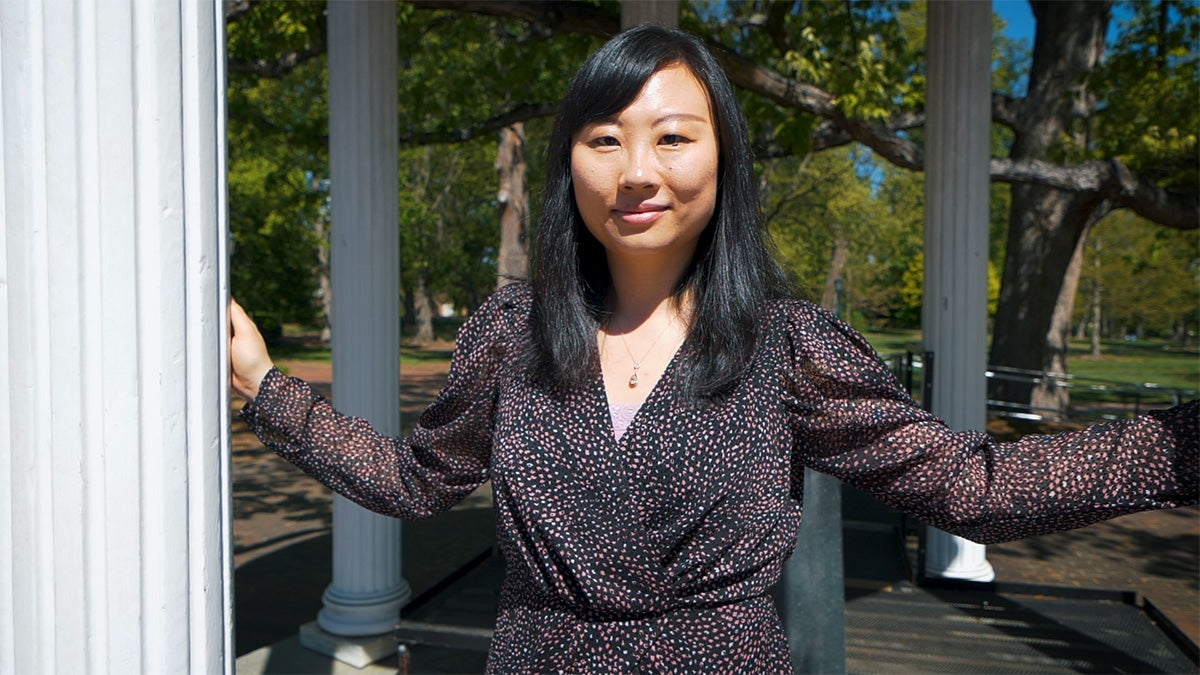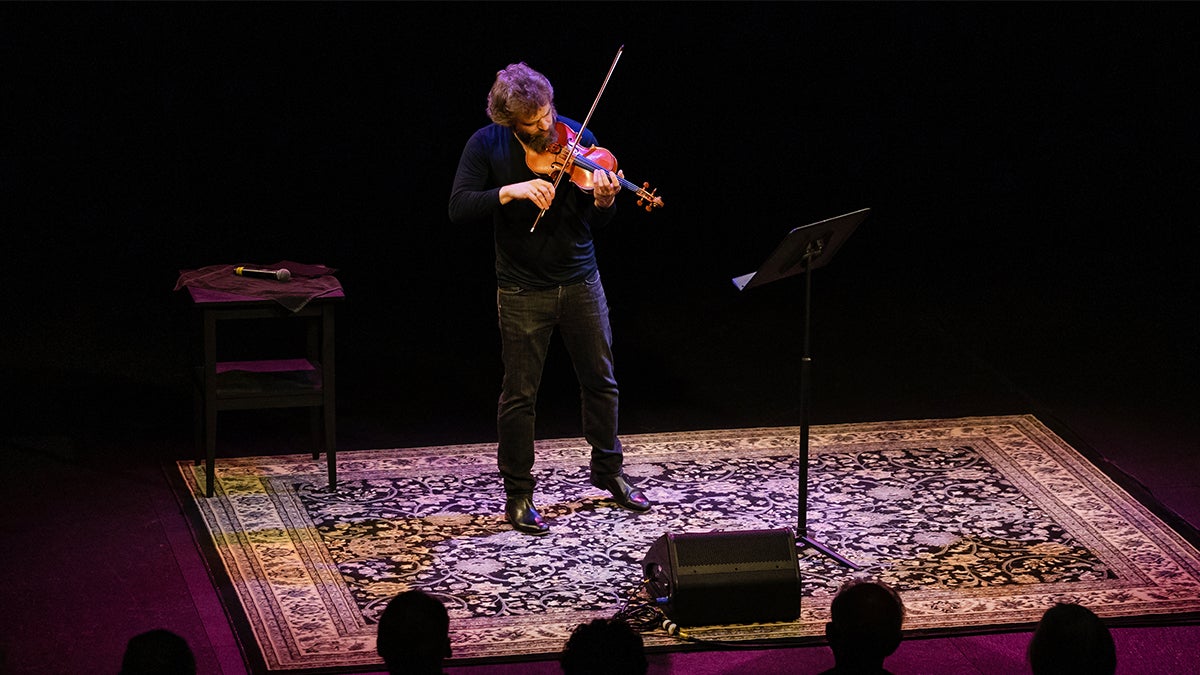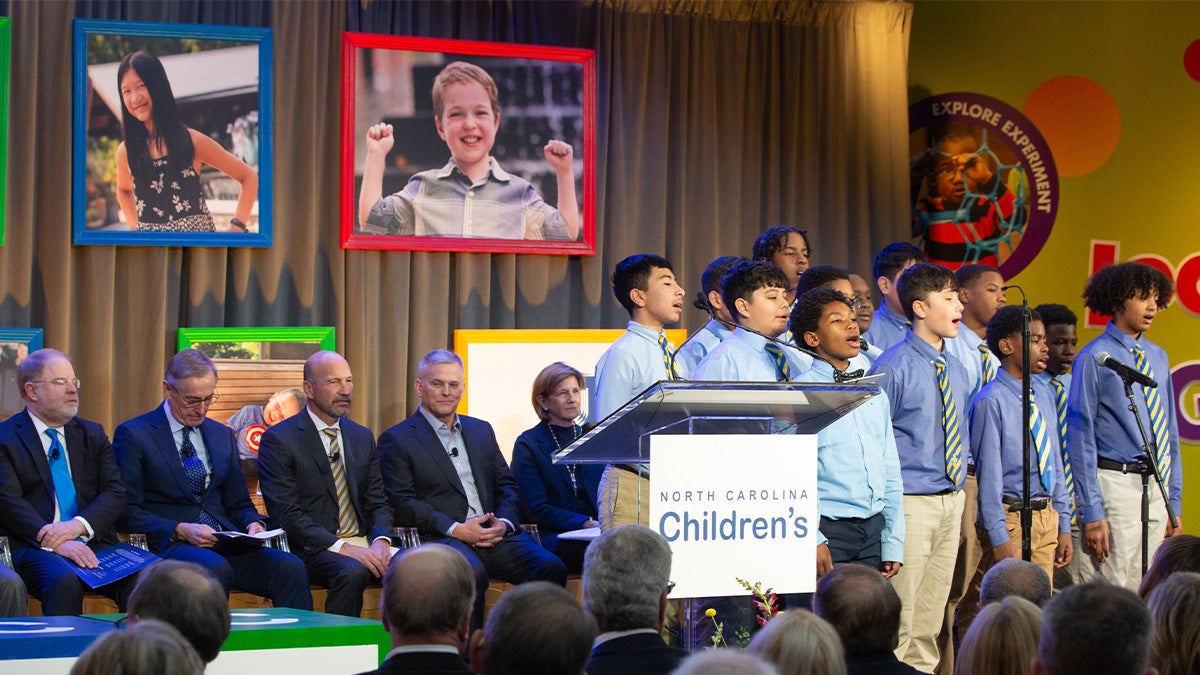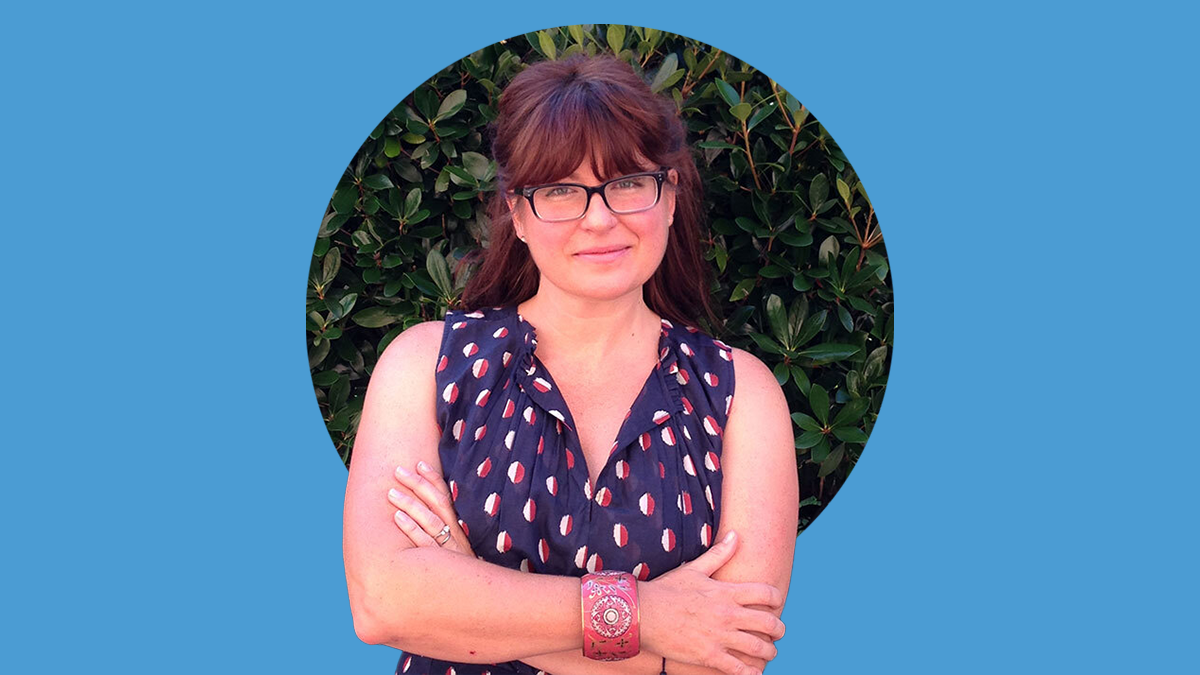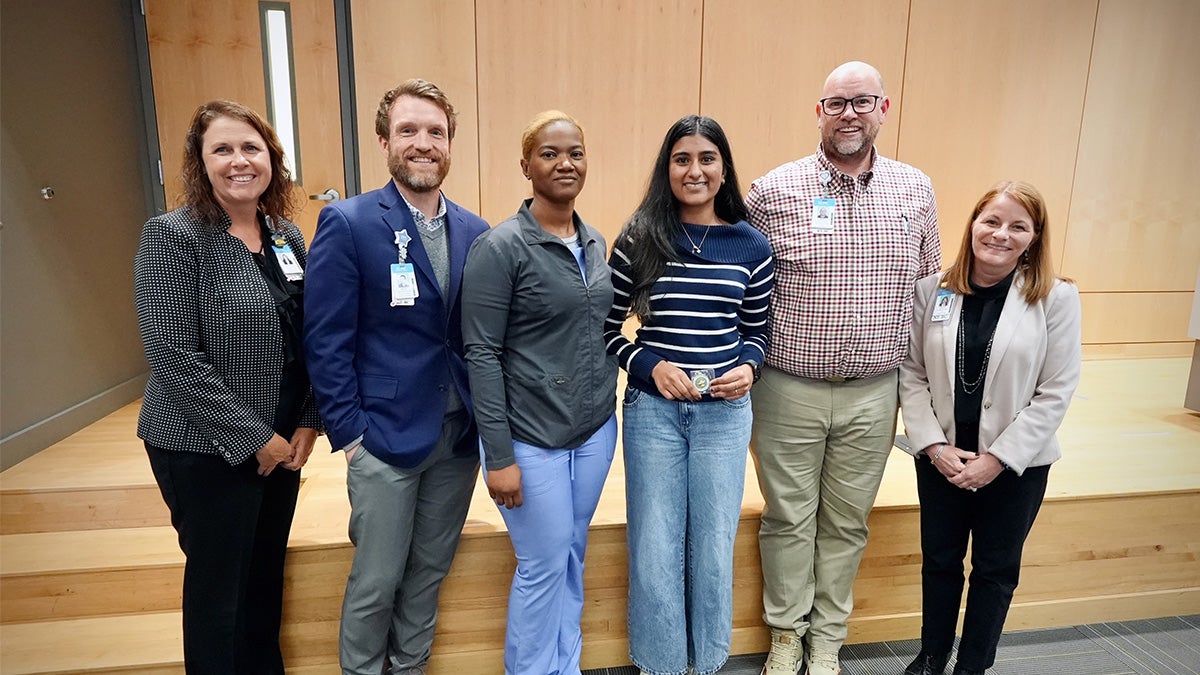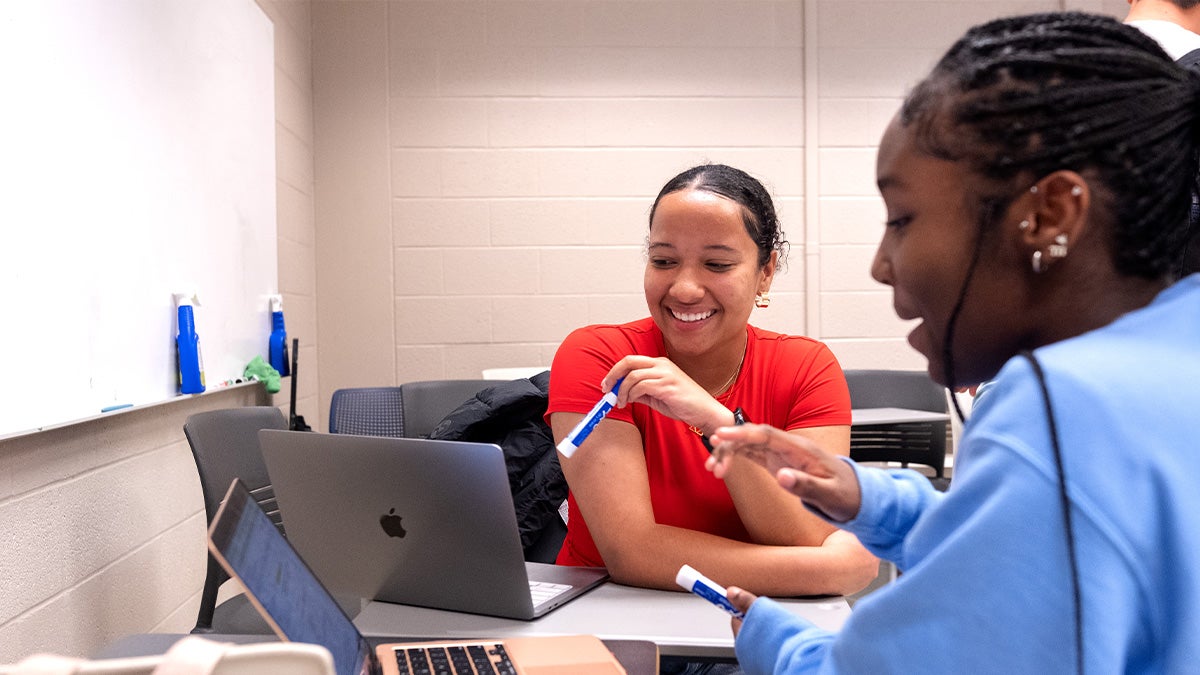Pianist-composer explores AI themes
Clara Yang brings the immersive, multimedia “Ex Machina” to The Process Series stage.
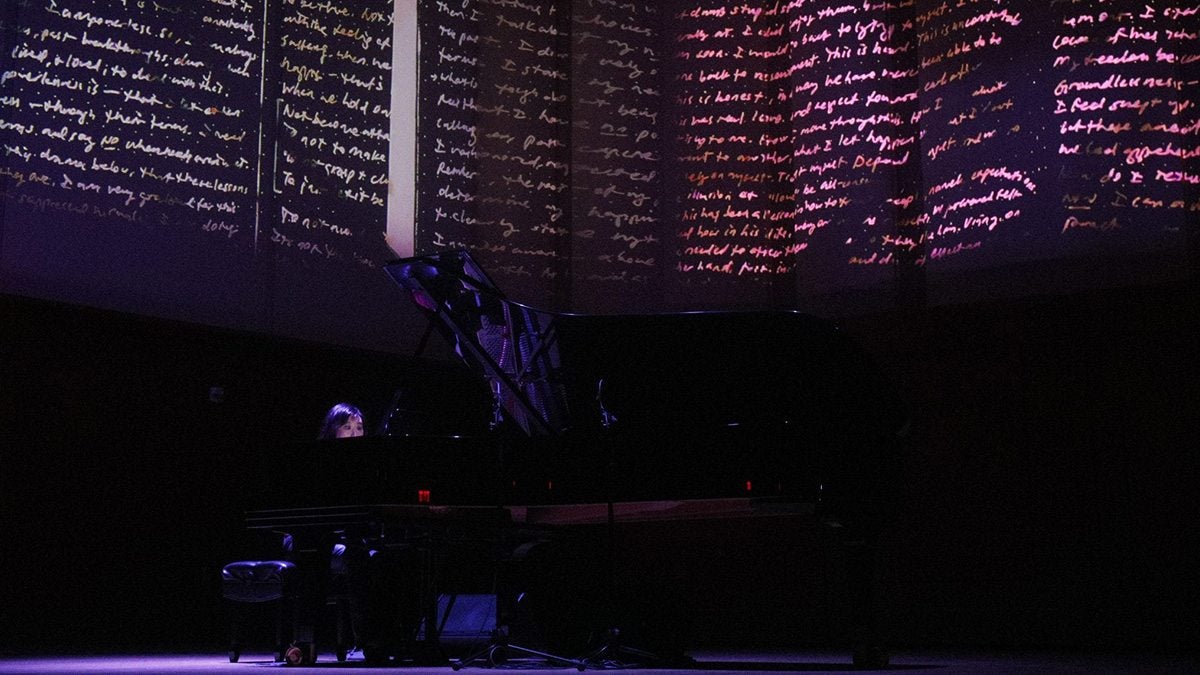
When Clara Yang first submitted her project for the biennial Festival on the Hill, she didn’t anticipate that “Ex Machina: Piano in an AI World” would become as large as it did.
Yang is an associate professor of piano and head of piano studies in the music department of the UNC College of Arts and Sciences. “Ex Machina” is her interdisciplinary project exploring the intersection of technology and humanity.
As part of The Process Series, Yang will bring this fully immersive, 70-minute multimedia performance to the Black Box Theatre in Swain Hall for performances at 7:30 p.m. March 21 and March 22. The performances are free, but a $10 donation per ticket is recommended.
To fund the “Ex Machina” project, including recording and releasing an album, Yang received an Arts and Humanities Research Grant and a Grant for Underrepresented Faculty from the Institute for the Arts and Humanities. The project was also supported by the UNC Arts and Humanities Grant Studio.
‘Ex Machina’ is born
“Ex Machina” (Latin for “from the machine”) took shape as Yang pondered the contemporary dependency on technology. She started drawing parallels between modern technological instruments and the classical piano. “As a pianist, I press keys, and I make sound,” Yang said. “It’s a machine I use to translate my thoughts and emotions and how I envision a piece into a clear sound narrative.”
What began as a series of questions about machines and music evolved into what Yang describes as “a visually immersive program of nine world premieres written for the piano, including two genre-crossing new works.”
Reflecting on the ever-changing world, “Ex Machina” questions the identity of humanity by deconstructing the identity of music. Experimental and cross-genre at its core, the project breaks down the barriers of musical genres, reimagining piano performances and connecting artists across mediums.
The project thematically explores Yang’s initial ideas about humanity as an organic machine. The songs evoke the natural, human emotions of living in a highly tech-centric, mechanized world.
“I hoped people would think about their internal emotions and how they process emotions,” said Yang.
The project’s various collaborations seek to elicit such emotion. “Ex Machina” features compositions by professor emeritus Allen Anderson, professor of composition and jazz studies Stephen Anderson, professor and head of composition Lee Weisert and teaching assistant professor and beatmaker Suzi Analogue, all in Carolina’s music department.
Another collaboration is the installation component of the show by visual artist Xuan. Yang was drawn to working with Xuan because she “has an exceptional gift of creating visuals that evoke immediate emotional responses.”
Self-titled as a “visual musician,” Xuan said that the “Ex Machina” visuals came from “an imagining of AI machinations, desires and dreams.”
Exploring artificial intelligence themes
After premiering at Festival on the Hill, “Ex Machina” attracted attention from both academic and artistic circles. Multiple pieces in the project were selected as one of the 13 semifinalists for the Goodmesh Concours 2024, an interdisciplinary art competition featuring works from 25 countries. In October 2024, Yang performed the piece “Conception” at the El Ray Theater. Earlier this month, she played “Hammers on the Moon” at the Yale School of Music.
As Yang explored the themes of “Ex Machina,” she encouraged her students to consider their own relationship to machines and technology. She and Weisert organized “Ex Machina 2” as a continuation of the “Ex Machina” Festival last March, where students composed and performed projects with electronics.
“I wanted them to also experience what it’s like to perform a new work written where there’s no recording to base the sound off of,” said Yang.
